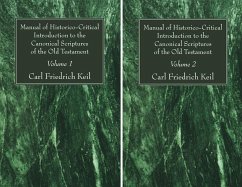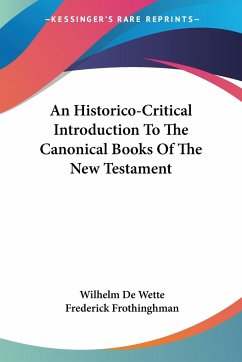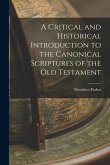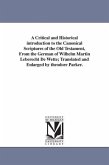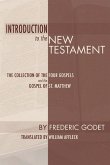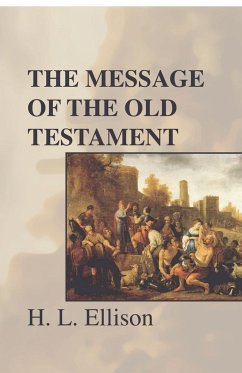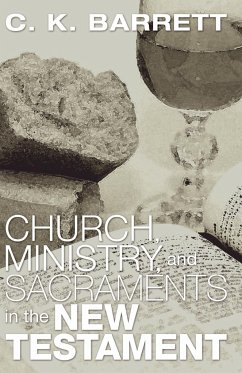C.F. Keil was a scholar strongly committed to confessional theology. His dogmatic-confessional approach is particularly evident in his approach to the Pentateuch. He strongly supported Mosaic authorship of the Pentateuch and rejected attempts to explain extraordinary events in the history of Israel as anything but miraculous, divine intervention. Keil showed much interest in the historical development of divine revelation. Viewing the prophets as persons who were able to perceive future trajectories of God's saving acts, he presented history and revelation as interdependent rather than fundamentally dissimilar. Prophetic predictions then find their fulfillment in the historical person of Christ. This introduction to the Old Testament reveals Keil's foundational presuppositions - presuppositions which shaped his contribution to the well-known and influential Keil-Delitzsch 'Biblical Commentary', which includes Keil's commentaries on all the books from Genesis to Esther, Jeremiah, Ezekiel, Daniel, and the Minor Prophets.
Hinweis: Dieser Artikel kann nur an eine deutsche Lieferadresse ausgeliefert werden.
Hinweis: Dieser Artikel kann nur an eine deutsche Lieferadresse ausgeliefert werden.

